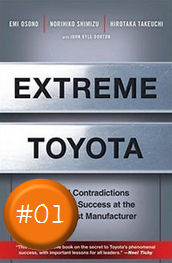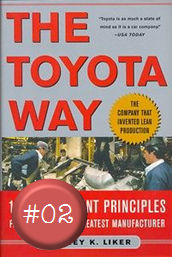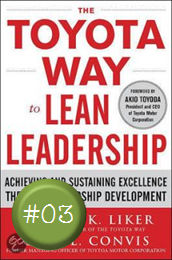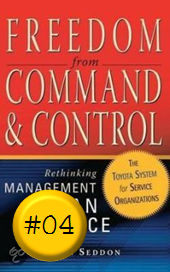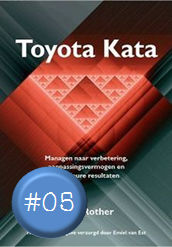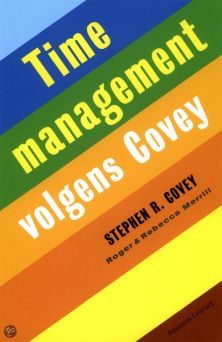
Kate Jones beschrijft in haar boek Retrieval Practice - research & resources for every classroom de 10 instructieprincipes van Barak Rosenshine als volgt:
![]()
Below is a brief summary of the ten key principles that are outlined by Rosenshine with an explanation as to how it can link with retrieval practice in the classroom:
1. Start the lesson with a short review of previous learning.
This can be achieved through various tasks, which is essentially what this book consists of - retrieval practice. Sherrington adds that: 'Students don't necessarily recall recent learning readily and it pays to anticipate this rather than be frustrated by this., This was transformative for my own morale as a teacher because I would often feel at a loss when it seemed students understood a concept, event or information, then at a later date that notion or memory had vanished, much to my disappointment. Now I can be ready for this with my planning. To reiterate, we need to accept it is part of the learning process and not a reflection on us as a teacher. It is important to add that retrieval practice does not have to be restricted to the start of a lesson but can in fact be used at any point within a lesson. Continual retrieval in a lesson, through tasks, discussions and questioning will be more effective than isolated tasks that simply recall facts, allowing for links and connections to be further developed. I have found the best way to start my lessons is to ensure that retrieval becomes routine.
2. Present new material and information to students in small and manageable steps.
Ensure student practice after each step, before moving onto new material. This is not the retrieval stage because it's important to remember we can't ask students to retrieve information that isn't actually in their long-term memory, it needs to get there first.
3. Ask a large number of questions, checking the response from all the learners in the classroom.
A common mistake is to accept answers from some members of the class, and then assume everyone else has that same level of understanding, which is why we need to ensure every learner in the class has the opportunity to retrieve information from memory - not just a few students that have been selected by the teacher.
4. Provide students with models and worked examples to support problem solving.
A worked example is where a problem has been shown to the class, with every part of the process explicitly explained through a teacher demonstration, and the problem has been correctly solved. The students will then apply this process or concept to another problem or question. This strategy is best used with novice learners, as it is not regarded as an effective strategy to use with expert learners, Again, this is not a strategy used at the retrieval stage.
5. Continue to guide student practice.
Rosenshine stated that research findings tell us that 'it is not enough simply to present students with new material, because the material will be forgotten unless there is sufficient rehearsal', This can be achieved through questioning, additional explanations, consolidation tasks and students summarising the main points of the lesson content. Graham Nuthall suggested in his brilliant book The Hidden Lives of Learners (where he and his team spent a significant amount of time in classrooms working with students and teaching, then writing up their findings and reflections) that students need to encounter information at least three times before they understand a concept and that they need opportunities to approach new material in different ways, The power of three in the classroom is very important. After the information has been encountered and encoded then we can later focus on retrieval.
6. Continually check student understanding, addressing any misconceptions and supporting the process needed to move new information to long-term memory in order to retrieve at a later date.
Busch and Watson also explain that 'just because something has been taught, does not mean it has been deeply learned. Topics must be revisited and retaught. Only by doing this can we help students overcome the forgetting curve and maximise their learning.,
7. Ensure students obtain a high success rate in the lesson.
A success rate of 80% shows that students are learning the material, and it also shows that the students are challenged'? (the Goldilocks principle -getting the level of challenge just right!). The same principle can be
applied with retrieval practice, getting the balance right between retrieval difficulty and retrieval success.
8. Provide scaffolding for students with difficult tasks, ensuring depth and challenge for all.
Rosenshine states, 'a scaffold is a temporary support that is used to assist a learner',. and will eventually be removed as the student progresses. Once the scaffolding has been removed then we are requiring students to remember information without any form of support.
9. Require, monitor and promote independent practice in the classroom.
Rosenshine explains that `in a typical teacher-led classroom, guided practice is followed by independent practice -by students working alone and practicing the new material. This independent practice is necessary because a good deal of practice (overlearning) is needed in order to become fluent and automatic in a skill., Again, this focuses on the relevance of automacy in the classroom.
10. Engage students in regular review, this can be weekly and/or monthly to revisit prior learning and support long-term memory.
Once again this is the area of Rosenshine's Principles of Instruction that lends itself perfectly to retrieval and spaced practice.
Bron: Retrieval Practice - research & resources for every classroom, Kate Jones







